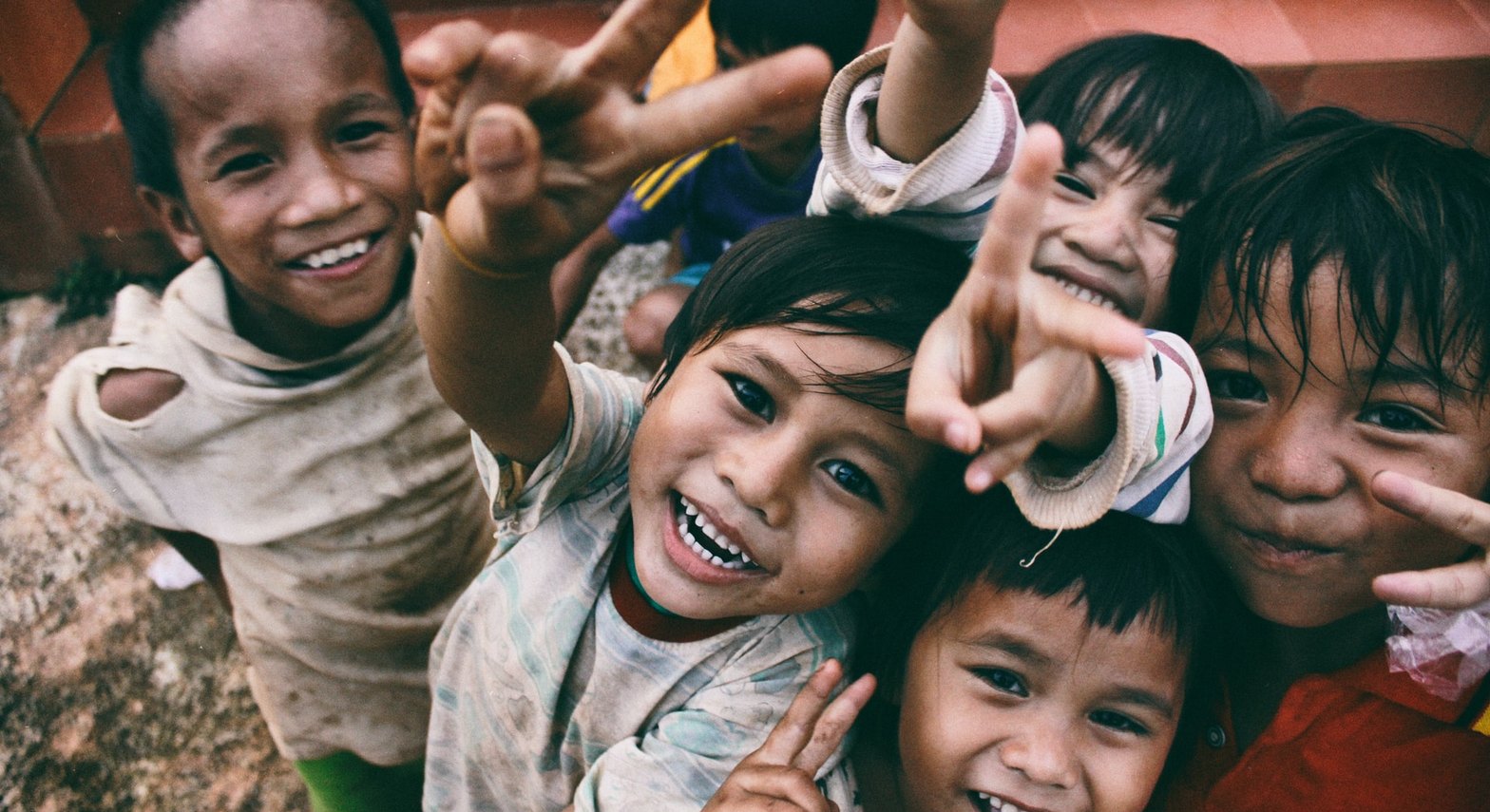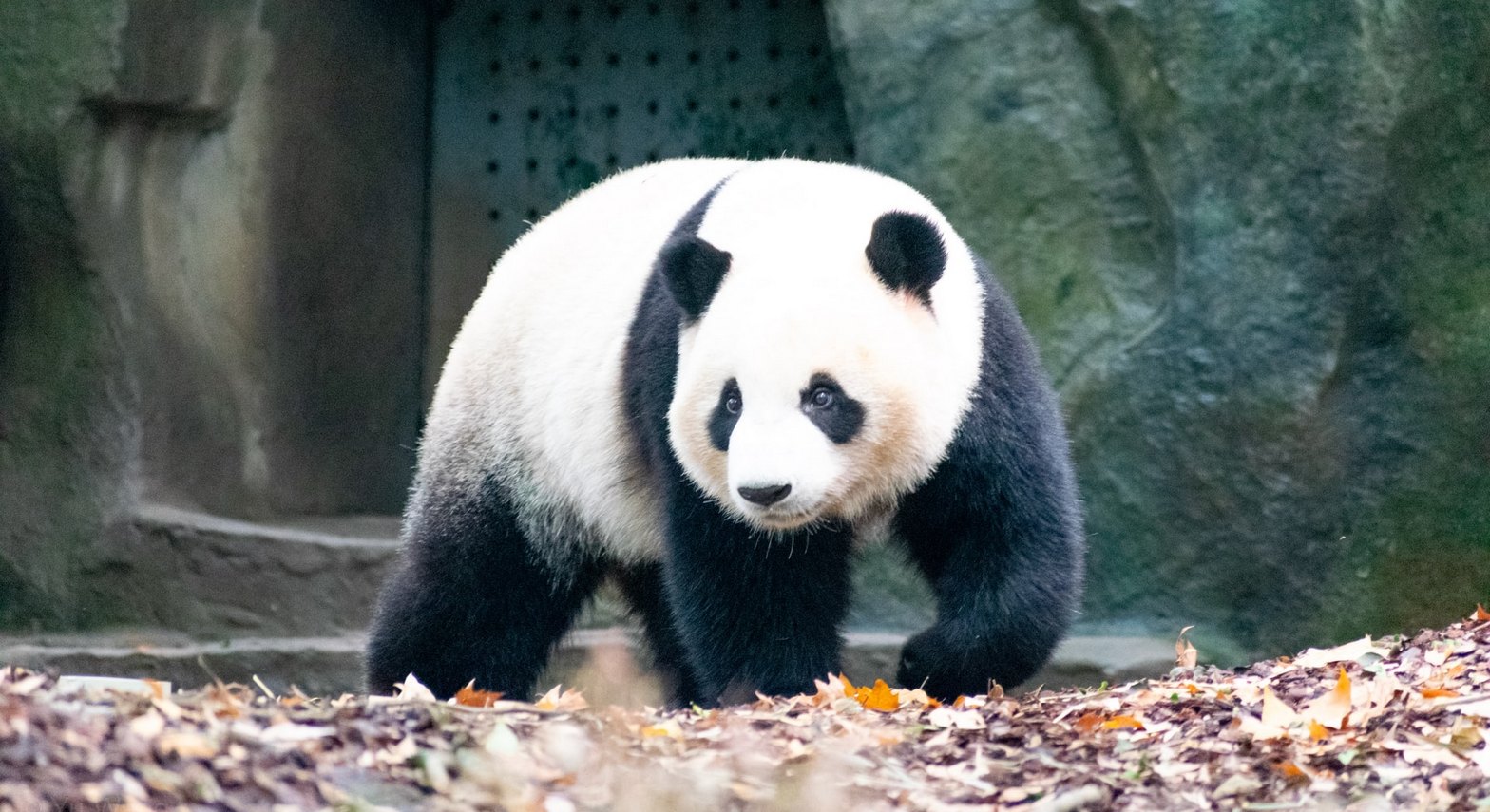Ecotourism with Children: The Best Nature Trails for Family Holidays
A family vacation in nature is not only a way to escape the hustle and bustle of the city but also a great opportunity to show children the world in its natural, living form. Ecotourism is becoming increasingly popular in Portugal — and for good reason: the country offers a wide variety of nature trails that are perfectly suited for families with children. A mild climate, picturesque landscapes, and well-developed tourist infrastructure create ideal conditions for a clean, educational, and eco-friendly holiday.
Why Choose Ecotourism with Children?
Hiking together through forests, mountains, and nature reserves not only strengthens family bonds but also fosters a love for nature in children. It’s a great alternative to digital entertainment — children can observe birds, study plants, look for animal tracks, or simply breathe fresh air. Moreover, ecotourism teaches responsibility — toward the environment, one’s body, and other people.
Portugal has earned a reputation as one of the most welcoming countries in Europe for nature-loving families. Thanks to the variety of landscapes, you can plan different types of trips — from coastal walks to forest adventures — all year round.
Peneda-Gerês National Park
This is the only national park in Portugal, and it truly feels magical. Expansive valleys, mountain rivers, waterfalls, and ancient villages create a cozy and authentic atmosphere. There are trails of varying difficulty levels for families with children, but the most suitable is the trek through the Lima Valley. Along the way, you might encounter wild ponies — the Garrano horses — which children will surely remember for a long time.
The park also features picnic areas and educational centers where visitors can learn more about the local flora and fauna. In warm weather, outings to waterfalls like Arado or Tahiti are especially enjoyable.
Sintra-Cascais Natural Park
If your family prefers light walks and scenic views, the trail from Sintra to Cabo da Roca — the westernmost point of Europe — is a perfect choice. Along the way, you’ll find lush forests, ancient estates, castles, and viewpoints overlooking the Atlantic Ocean.
The region of Sintra is known for its fairy-tale atmosphere and rich cultural heritage. Walking here means immersing yourself in history while enjoying the fresh air and natural surroundings.
Young travelers especially enjoy exploring the Pena and Moorish castles, as well as park areas with ponds and waterfalls. In addition to natural trails, there are plenty of cozy cafés to take a break.
Ria Formosa Natural Reserve
In southern Portugal, in the Algarve region, Ria Formosa opens a window into a unique world of lagoons, islands, and marshes. It’s a paradise for families interested in birds and marine life. Safe trails run along the coast — some are suitable for walking, while others can be explored by boat or even kayak.
This area offers a great combination of relaxation and education, especially for younger children. The changing tides and abundance of wildlife make every visit different and engaging.
Children love watching flamingos, herons, and other birds, and interactive museums and visitor centers make the walks even more educational. Some trails include visits to mollusk farms and salt flats — a great opportunity to talk about the connection between humans and nature.
Tips for Parents: Making the Eco-Trip Comfortable
Traveling with children always requires a bit more planning, but nature trips can be both manageable and enjoyable with the right preparation. Choosing the right route and involving children in the journey helps build anticipation and makes them feel more responsible for their experience.
Preparation is Key
Before heading out, it’s worth researching the route, its difficulty level, and the duration of the walk. If you’re traveling with young children, choose loop routes under 3 km with minimal elevation gain. Don’t forget to pack water, snacks, hats, sunscreen, and a basic first aid kit. If an overnight stay is planned, opt for certified eco-campsites with safe infrastructure.
Turn the Walk into a Game
To keep kids engaged, turn the hike into a nature scavenger hunt — for example, find five different types of leaves, hear a certain bird call, or draw the trees they see. Many routes in Portugal include QR codes with mini-games, turning an ordinary walk into a true adventure.
Simple ideas like making a photo diary or collecting small natural souvenirs (where allowed) can make the trip even more memorable. It’s also a great way to develop observation skills and creativity.
Talk About Nature
A walk is a great opportunity to discuss important topics: why we protect forests, why we shouldn’t litter, where clean water comes from. It’s easier for children to understand ecological ideas through real-life examples — especially when they see the results of pollution or, conversely, the beauty of an untouched environment.
Bringing a small field guide or using an identification app can turn every stop into a learning moment. These small efforts encourage curiosity and teach respect for the environment.
Conclusion: A Family Vacation with Meaning and Purpose
Ecotourism with children in Portugal is more than just a vacation — it’s education, inspiration, and development. Instead of noisy attractions and screens, you get the sound of wind in the trees, the splash of a stream, and a genuine interest in the world around. These trips leave behind not just photos, but a lasting sense of unity with nature that children carry with them for life.
Family-friendly trails, organized reserves, and national parks — all of it is available to locals and visitors in Portugal. The most important step is choosing the right route, packing your bag, and heading out. And from there — just walk together, showing your children the world one step at a time.








